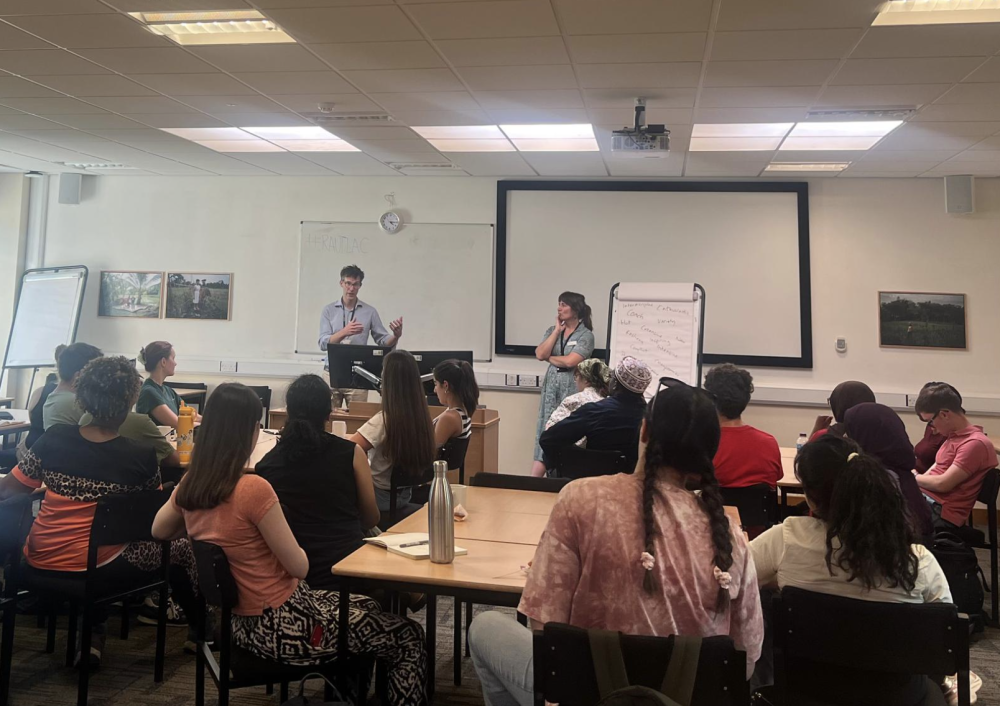Academic writing plays a pivotal role in the lives of students. It is an integral part of their educational journey and helps them to acquire knowledge and skills for their future endeavors. Academic writing is used to develop a student’s analytical, critical thinking, and problem-solving skills, which are essential for success in today’s world.
But academic writing can be an intimidating prospect for inexperienced students. However, with the right help and guidance, it doesn’t have to be a daunting task. Expert advice is one of the best ways for students to get assistance with academic writing, as experts are well-versed in the different types of writing, formatting requirements, and other aspects of successful academic writing.
We asked Jenny Donald, an expert from a write my papers service, where you can hire an essay writer and get help from professionals. She gave some tips to help make your academic writing experience a breeze.
What’s Important in Academic Writing?
For academic writing to be successful, several important factors must be considered.
Clarity
Writing should be concise and understandable so that readers can easily understand the points being made by the author. Each sentence should have one main point, and any supporting details should be clearly stated. Good grammar, spelling, punctuation, and sentence structure also need to be taken into account for academic writing to be successful.
Organization
The paper needs to have a clear beginning, middle, and end, with each section building on to the next. This includes having strong transitions between sections as well as using headings or subheadings throughout the paper so readers can quickly locate specific information they may need.
Evidence-based reasoning
They should require facts or data from reliable sources, such as published studies or reports that support any claims made in the paper. Using this type of evidence helps ensure accuracy while providing credibility to any assertions made by the writer about a particular topic or issue under discussion.
Citing
It provides credit where credit is due while helping prevent plagiarism from occurring unintentionally (which can lead to serious consequences). Accurate references should always accompany any quotes used within a paper along with proper formatting guidelines depending on what style guide was given by the instructor.
A Step-By-Step Guide to Successful Academic Writing
Academic writing can be a daunting task, but with the right preparation and attitude, it’s easier than you think.
-
Start Early.
Don’t wait until the last minute to start your paper or project. Plan ahead and give yourself enough time to write, edit, and proofread so that you have plenty of time for revisions if needed.
-
Create an Outline.
Before diving into any project, create an outline that serves as a roadmap of all the points you want to make in your paper or essay. This will help keep your thoughts organized and on track throughout the entire process.
-
Research Thoroughly.
Conducting thorough research is essential when writing an academic paper or essay. Make sure you read up on relevant topics so that you can incorporate them into your work accurately and effectively.
-
Use Reliable Sources.
Be sure to use reliable sources when researching for your paper or project. This includes scholarly journals, books from reputable authors/publishers, trustworthy websites (such as those associated with educational institutions), etc.
-
Take Notes & Cite Sources.
As you do research, take notes of where the information came from, such as page numbers in books and article titles from websites. This will help save time later when citing sources within the body of work itself as well as constructing a bibliography at the end of the document if necessary.
-
Ask For Feedback.
If available, ask someone whose opinion you trust (a professor, mentor, etc.) for feedback on drafts before submitting final versions. This could be especially helpful for papers being graded by professors who may have certain expectations about length, formatting style (MLA vs. APA), etc.
-
Proofread Your Work.
After completing your draft take some time away from it, then come back with fresh eyes — proofreading is key! Make sure there are no spelling errors or grammar mistakes before turning in any assignment.
-
Utilize Writing Resources.
There are numerous resources available online (as well as in print form) that guide proper formatting styles, tips on how to construct effective arguments, information about how to cite sources correctly, etc. Utilize these resources whenever possible!
-
Re-Read & Edit.
Once content has been written, re-read it multiple times while editing along the way. Check for flow between sentences/paragraphs, the accuracy of facts/data presented, and clarity of ideas expressed. The more times something is revised before submission, the more its quality improves!!
-
Have Confidence In Yourself.
While academic writing does require effort, confidence goes a long way! Remember that everyone starts somewhere. Even accomplished writers had first drafts. So don’t let self-doubt stop progress towards completing assignments.
Final Words
Academic writing is an essential part of the educational process. It is used as a way for students to demonstrate their understanding of a topic, express their ideas in an organized and logical manner, and develop critical thinking skills.
Following these tips will help make your academic writing experience a breeze! With the right preparation and attitude, you can write high-quality papers and essays that are sure to impress. Best of luck!









